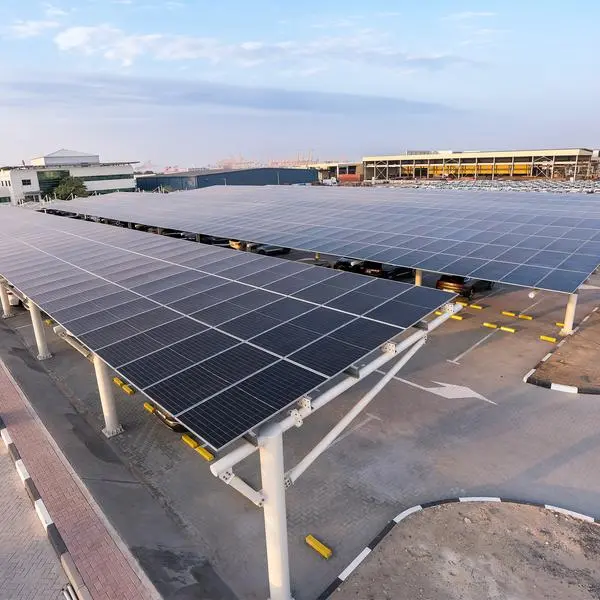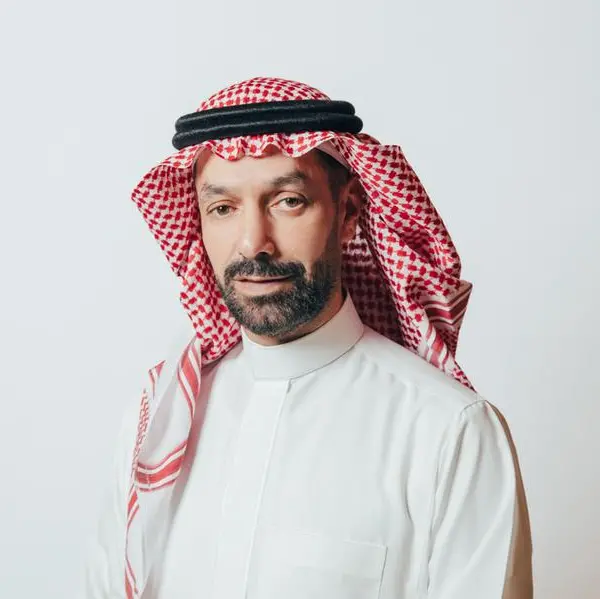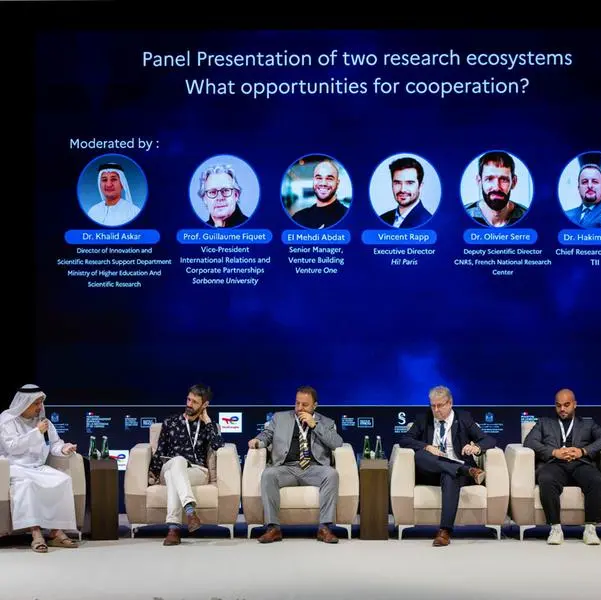PHOTO
2015 Global Food Security Index increases 1.2 points across all regions.
Dubai - DuPont, an integrated science company and the Economist Intelligence Unit (EIU), the research and analysis division of The Economist Group released the 2015 Global Food Security Index. Results reveal that food security improved in two-thirds of the 109 countries covered, with the average score rising 1.2 points.
The MENA region made significant improvements in food security between 2014 and 2015, increasing 2.4 points in its overall score due to gains in Affordability. This can be attributed to a combination of lower household spending on food and higher GDP per capita in 83 per cent of countries. The region also marked developments in Availability and Quality & Safety because of lower levels of food loss and increased access to high-quality protein, gaining more than 12 points in Food Loss Score, 16.7 points in Nutritional Standards, and 4.9 points in GDP.
The UAE has been the key driver for the MENA region's outstanding improvement in the 2015 Global Food Security Index. The country rose 53.0 points from 2012 to 2015 to reach a current score of 75.6, while its GDP increased 7.5 points, the third highest in the region, ensuring higher levels of food security for its population. The UAE is also one of the five MENA countries to witness a positive change in its score in Nutritional Standards.
Amin Khayyal, General Manager, DuPont United Arab Emirates, said: "Government efforts and elaborate food safety programmes have resulted in rapid progress in global food security over the past years which have also contributed to the increased efficiency of food systems and improvements in the nutritional quality of food. The MENA region, in particular, experienced the largest regional increase, with its score rising by 2.4 points, ahead of Central and South America and Asia and the Pacific.
"At DuPont, food security is at the heart of our priorities. Across the globe, DuPont businesses - DuPont Pioneer, Crop Protection, Nutrition & Health, Packaging & Industrial Polymers, and Industrial Biosciences- are addressing food security with science-based innovations. DuPont is committed to driving food security efforts locally, sustainably and collaboratively with customers, business partners, governments and public-private partnerships to address these challenges," he added.
Falling grain, sugar and dairy prices, sustained economic expansion in most regions and rapid growth in emerging markets and developing countries, have narrowed the gap between the most food-secure and the least food-secure countries.
"According to the 2015 Global Food Security Index, middle-income countries are undergoing transformational changes while upper-middle-income countries have made huge strides in ensuring that food safety-net programmes are comprehensive. The gains made by the MENA region in the overall score reflect positive strides in Affordability, Availability, and Quality & Safety indices. The increase in individual scores of the countries in this region will contribute in overcoming the challenge of global food security," concluded Lucy Hurst, Project Director for GFSI, EIU.
The GFSI is an annual measure of food security across 109 countries, produced by The EIU and sponsored by DuPont. The index looks at 19 specific measures of food security across three broad categories: Affordability, Availability, and Quality & Safety. The index takes a benchmarking approach in its assessment, considering the dynamics of national food systems.
For more information on the interactive Global Food Security Index, including definitions of the 28 global indicators, impact of changing food prices, multi-country comparisons and more, visit: http://foodsecurityindex.eiu.com/.
DuPont is committed to driving food security efforts locally, sustainably and collaboratively; visit foodsecurity.dupont.com or follow the conversation on Twitter at #foodsecurity to learn more.
-Ends-
About DuPont
DuPont (NYSE: DD) has been bringing world-class science and engineering to the global marketplace in the form of innovative products, materials, and services since 1802. The company believes that by collaborating with customers, governments, NGOs, and thought leaders we can help find solutions to such global challenges as providing enough healthy food for people everywhere, decreasing dependence on fossil fuels, and protecting life and the environment.
For additional information about DuPont and its commitment to inclusive innovation, please visit http://www.dupont.com.
Forward-Looking Statements:
This news release contains forward-looking statements which may be identified by their use of words like "plans," "expects," "will," "believes," "intends," "estimates," "anticipates" or other words of similar meaning. All statements that address expectations or projections about the future, including statements about the company's growth strategy, product development, regulatory approval, market position, anticipated benefits of acquisitions, outcome of contingencies, such as litigation and environmental matters, expenditures and financial results, are forward-looking statements. Forward-looking statements are not guarantees of future performance and are based on certain assumptions and expectations of future events which may not be realized. Forward-looking statements also involve risks and uncertainties, many of which are beyond the company's control. Some of the important factors that could cause the company's actual results to differ materially from those projected in any such forward-looking statements are: fluctuations in energy and raw material prices; failure to develop and market new products and optimally manage product life cycles; ability to respond to market acceptance, rules, regulations and policies affecting products based on biotechnology; significant litigation and environmental matters; failure to appropriately manage process safety and product stewardship issues; changes in laws and regulations or political conditions; global economic and capital markets conditions, such as inflation, interest and currency exchange rates; business or supply disruptions; security threats, such as acts of sabotage, terrorism or war, weather events and natural disasters; ability to protect and enforce the company's intellectual property rights; successful integration of acquired businesses and separation of underperforming or non-strategic assets or businesses and successful completion of the proposed spinoff of the Performance Chemicals segment including ability to fully realize the expected benefits of the proposed spinoff. The company undertakes no duty to update any forward-looking statements as a result of future developments or new information.
About the GFSI
The annual Global Food Security Index evaluates the affordability, availability, and quality and safety of food and food systems across 109 countries. The index is a dynamic quantitative and qualitative benchmarking model, constructed from 28 unique indicators, that measures these drivers across both developing and developed countries. Food security is defined as the state in which people at all times have physical social and economic access to sufficient and nutritious food that meets their dietary needs for a healthy and active life, based on the definition established at the 1996 World Food Summit.
2015 Global Food Security Index (GFSI): Key Findings
Since the 2008 spike in global food prices, many countries have reset their policy priorities to address how to ensure safe, nutritious and affordable food for their populations. In addition to implementing nutrition programmes, efforts have included greater spending on agricultural extension, research & development (R&D) and initiatives to increase productivity; upgrading infrastructure and storage facilities to mitigate food loss; and working in tandem with international agencies to ensure food aid. Additionally, economic growth across emerging markets and developing countries has increased GDP per capita and eased household expenditures on food.
Looking Ahead
According to UN estimates, the global population is expected to jump from 7.2 billion people in 2013 to 9.6 billion by 2050, and most of that growth will occur in the developing world. As populations boom and incomes rise in developing countries, the FAO estimates food production will have to grow by 70% to meet demand. Additionally, 54% of the world's population now lives in urban areas and the UN projects that this figure will reach 66% by 2050, which, since high urbanisation rates have a negative impact on food security, will put pressure on countries. The EIU anticipates that global food commodity prices will start to rise again, especially as oil prices begin to rise after reaching a low in January 2015.
How do we increase production capacity to meet the needs of the 2050 population? This massive job requires significant effort across the sector. Concentrated government focus and public-private partnerships are crucial for driving further investment in infrastructure and additional programmes to guaranteefood safety, ensure nutritional standards and increase farmer financing. Additionally, increased support for agricultural R&D is required to provide the necessary innovations that will make it possible to feed the world in the future.
About The Economist Intelligence Unit
The Economist Intelligence Unit is the world leader in global business intelligence. It is the business-to-business arm of The Economist Group, which publishes The Economist newspaper. As the world's leading provider of country intelligence, The Economist Intelligence Unit helps executives make better business decisions by providing timely, reliable and impartial analysis on worldwide market trends and business strategies. More information about The Economist Intelligence Unit can be found at www.eiu.com.
For further information, please contact:
Orient Planet PR & Marketing Communications
P.O Box: 500266
Dubai, United Arab Emirates
Tel: 00971 4 4562888
Email: media@orientplanet.com
Website: www.orientplanet.com
© Press Release 2015




















